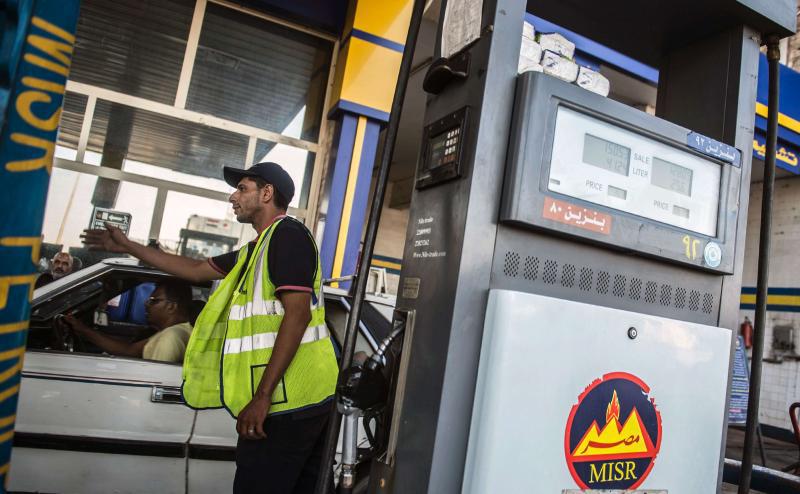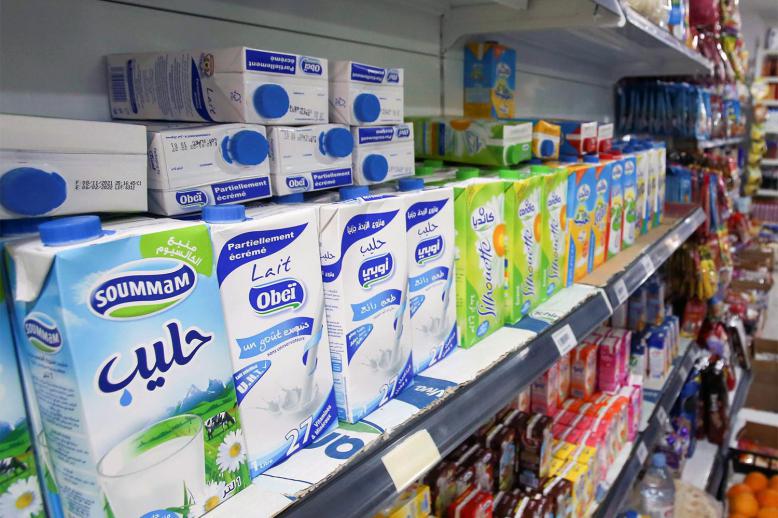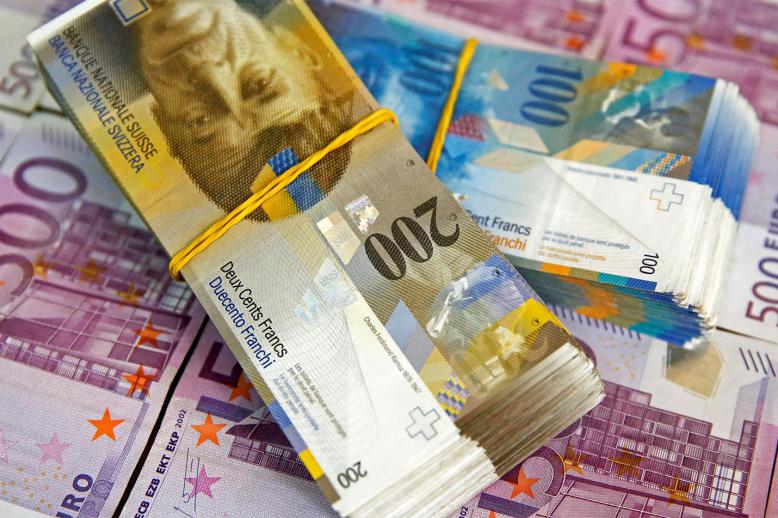Oil price uncertainty becomes major budget concern for Egypt
Uncertainty over international oil prices are causing a budgetary crisis in Egypt with the government having to allocate more funds to buy oil while selling it domestically at highly subsidised rates.
When it drafted the 2017-18 budget, which went into effect last July, the Egyptian Finance Ministry estimated the average price of oil at $55 a barrel. However, with oil prices significantly higher than that in international markets, Egypt’s financial planners are in a quandary. The price of oil stood at $68 after the news, down from $72. Even if OPEC increases production, oil prices are not expected to fall as low as the average estimated by Egypt last year.
“The rise in the price of oil will make it necessary for us to demand additional funds for oil subsidies,” said Petroleum Ministry spokesman Hamdi Abdel Aziz. “This rise is proving very problematic.”
The price of oil recently hit $80 a barrel but the price retreated to $77 a barrel on May 26 after Saudi Arabia and Russia said they were ready to ease supply curbs. There are expectations the price will continue to decline as oil producers’
increase output.
The volatility in the oil market could cause financial problems for the Egyptian government.
Egypt allocated $6.2 billion for oil subsidies in the 2017-18 budget, up $4.2 billion from the previous fiscal year. Local oil production covers 65% of national consumption, said Abdel Aziz. Egypt spends about $800 million a month to cover the remaining domestic oil demand.
Egyptian President Abdel Fattah al-Sisi said each rise of $1 per barrel in the price of oil costs Egypt $56.5 million a year in additional subsidies.
“Oil price fluctuations are always a budget planning hazard,” said oil and gas expert Ramadan Abul Ela. “Nobody can blame the budget planners because oil prices are never predictable.”
Oil price increases may speed up a plan by the Egyptian government to further cut fuel subsidies. In November 2016, it slashed fuel subsidies almost 50%. Egyptians were preparing for a further subsidy cut even before international oil prices increased.
Abdel Aziz ruled out links between the expected subsidy cut and the rise in oil prices. The subsidy cuts, he said, were part of an agreement with the International Monetary Fund (IMF), which in 2016 granted Egypt a $12 billion loan.
“The plan,” he said, “is for the government to slash fuel subsidies by a further 26% but we are still waiting for approval by the cabinet on this plan before it is executed.”
The subsidy cuts were recommended by an IMF delegation that in May reviewed Egypt’s economic reforms before dispensing $2 billion, the fourth instalment of the IMF loan.
IMF First Deputy Managing Director David Lipton said Egypt could not afford to delay reductions in energy subsidies or it would strain the budget at a time of high global oil prices.
There is fear, however, across Egypt that the cuts would cause a widespread rise in commodity prices.
When the government introduced a 50% cut in fuel subsidies in November 2016, transport fares doubled. Cairo raised Metro fares — some doubled overnight — in May, saying it needed additional revenue to upgrade the transit system.
Egypt has seen rising food prices during the same period, although that was more closely related to a currency flotation in November 2016.
The expected fuel subsidy cut could not come at a worst time because most Egyptians are struggling to cope with previous fuel, electricity and water subsidy cuts, economists said.
“This cut will eventually come at the cost of the poorest classes of society,” said Alia el-Mahdi, an economics professor at Cairo University. “There has been immense pressure on the poor because of economic reforms, even as the government says they are inevitable.”
This article was originally published in The Arab Weekly.





